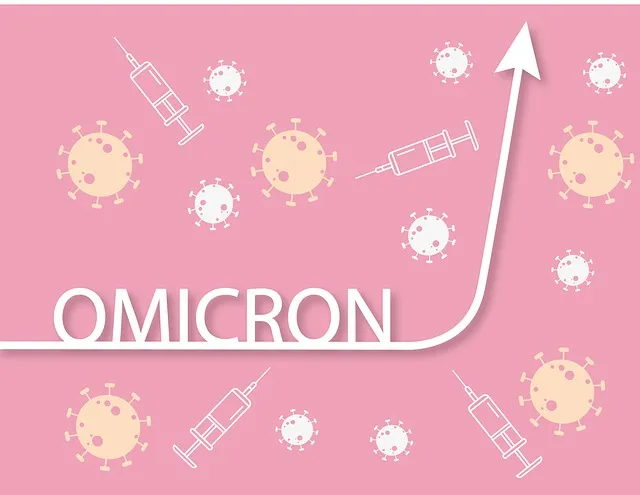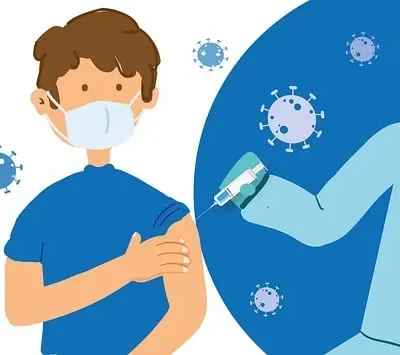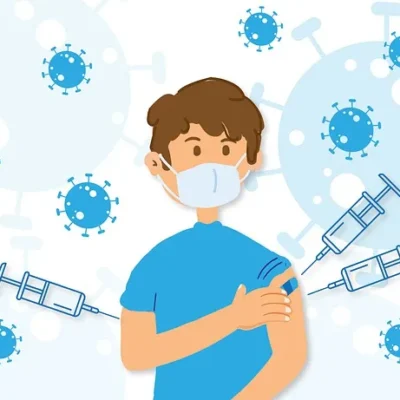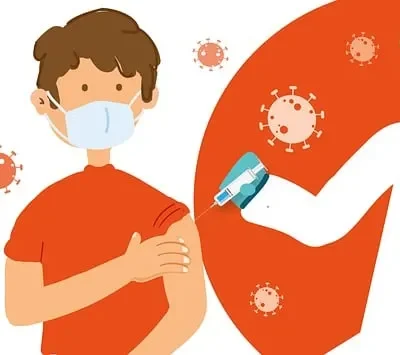
Very often one partner moves ahead in his or her evolution and the other steadfastly stays the same. If no amount of requests, pleading, or threatening changes that pattern, the person who was once enthralled will feel entrapped in same-old-same-old, and needs to move on. It is all too common and terribly sad when partners cannot go beyond superficial interactions. Without the courage or capability to allow their core selves to connect, the relationship will fall prey to shallow connections over time. If they cannot triumph over them, they run the risk of finding each other inadequate.
This isn’t the same as having a little pleasant daydream about Liam Hemsworth or Kate Upton or Laverne Cox, and then going on in your daily life. The kind of fantasizing we’re talking about here is the persistent, half-serious daydreaming about someone who’s caught your eye and whom you could seriously see yourself sharing a life with. Maybe it’s the cute co-worker who always sits next to you and shares snacks with you, or the barista at the coffee shop who knows you by name and gives you a special smile. If you’re going down this route, then perhaps you’ve already given up on your relationship psychologically and emotionally, and it might be time to end the relationship you’re currently in.
Deciding to end a relationship can be one of the most challenging decisions we ever have to make. However, there are some signs that indicate when a relationship may no longer be healthy or fulfilling for both partners. If you are unsure whether your relationship is worth continuing, here are some key indicators to consider:
1. Lack of communication
Communication is essential in any relationship. When communication breaks down, it can lead to misunderstandings, resentment, and distance between partners. If you find yourselves unable to talk openly and honestly with each other, it may be a sign that the relationship is struggling.
Even if you connect with and care deeply about the other person, you might not be on the same page regarding big-picture things. If your significant other has a history of lying or cheating, this causes a buildup of resentment that can quickly poison your relationship. If you find yourself constantly giving up everything for your partner without the gesture being reciprocated, it can create a power imbalance that breeds long-term unhappiness and resentment. If power struggles persist, couples go from being a team to adversaries on opposite sides of the playing field. Too soon, they begin to save themselves at the expense of the other’s needs.
Try to take tangible steps to foster the areas of your life you haven’t given enough attention to. This could mean spending more time traveling, signing up for a new class, or visiting with friends and family. Those closest to you can provide much-needed support and comfort during this delicate time. Reaching out to a loved one and letting them know you’re having a hard time can be vital for helping you move forward. Before you make a final decision about saying goodbye, consider whether you can forgive your partner and vice versa.
2. Constant arguments
Arguing occasionally is normal in any relationship, but constant arguments can be a red flag. If you find yourselves arguing more often than not, and these arguments are becoming increasingly heated or hurtful, it may be a sign that the relationship is toxic.
Are you and your partner always finding reasons to take a break from your relationship? This could mean that you are afraid to officially break up but don’t really want to be together long term. Think about the pros and cons of your relationship, make a list if you have to. When you look at your relationship and see that there is more wrong with it than you’d realized, it may be time to break up.
Emotional intimacy is what keeps people connected and invested in a relationship. Resentment doesn’t have to kill a relationship, but if you don’t actually want to work on diminishing that resentment, it most certainly can. Some people want to hold on to resentment for their own reasons, perhaps because their hurt feels too great to forgive and let go.
3. Lack of trust
Trust is the foundation of any healthy relationship. If you find yourselves constantly doubting each other, checking each other’s phones, or feeling insecure about the relationship, it may be a sign that trust has been broken.
4. Growing apart
As individuals grow and change, so do relationships. If you and your partner find yourselves on different paths, with different goals and values, it may be a sign that you are growing apart. Sometimes, this can be a natural part of life, and it may be time to reevaluate the relationship.
Frequently Asked Questions (FAQs)
Q: How do I know if my relationship is worth saving?
A: If both partners are willing to put in the effort to communicate, work through issues, and rebuild trust, the relationship may be worth saving. However, if one or both partners are unwilling to make changes or if the relationship is causing more harm than good, it may be time to move on.
Q: Is it normal to have doubts in a relationship?
A: It is normal to have doubts in a relationship from time to time. However, if these doubts are persistent and causing significant distress, it may be a sign that the relationship is not right for you.
Ultimately, only you can decide when a relationship should end. Trust your instincts and prioritize your own happiness and well-being. Remember that ending a relationship does not mean failure, but rather an opportunity for growth and self-discovery.




